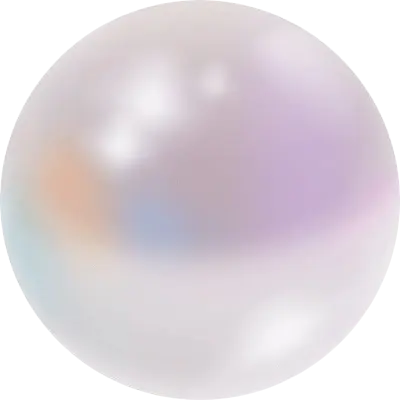Let's talk about literary analysis and criticism. How much of it do you do when you read a novel/story/poem for leisure?

I think it depends on what kind of relationship you have with a book. For most books, I don’t feel moved to do more than click around and read a couple of reviews or critical essays. But there are a few books I love, and for those I do try to read some more books about those books, and to read their influences. For instance, I’ve read a couple of books about “Anna Karenina,” and I’m planning to read Elsa Morante so then I can better understand Elena Ferrante. This feels genuinely interesting because I have a deep interest in these books. I’m not sure that it feels right, at least for me, to dive into critical essays about books right after reading a book for the first time. I feel like it can take a few encounters with a book or author for the kind of curiosity to develop that would make me want to cultivate a deeper understanding of them. In the cases of Tolstoy and Ferrante, I’ve read “AK” a few times and read all of Ferrante’s work, and it’s only now, when I feel like I’m beginning to understand what they have to say about life, that I’ve unlocked the level of interest that makes me want to research them more.
Agree with a lot of what you're saying here. I asked this question because I've been in a bit of a re-reading mood.
previously, none. these days, I do read analysis because I'm trying to get as much out of the book as possible. it probably also helps that I'm now reading books that actually warrant analysis
what do you do? make marginalia? read critical essays? start but never finish writing book-length theses?
Do you take notes? If so, what do you make note of? When you finish a work, do you try to develop a view on it? Do you write or outline an argument about the work's plot, form, themes, metrical qualities, &c.? How often to you do this? In my only literature class in undergrad, I got a lot out of trying to do "close readings" and developing a coherent viewpoint about a text. But I don't want to do that every time. I like remaining a lay reader. But I would like to read in a way that strikes a nice balance between literature as leisure and literature as academic exercise. How do you do that? Also, recommend works of criticism. Something more serious than "How to Read Literature Like a Professor" or "How to Read a Book" --but not full-blown critical theory--would be helpful.
I annotate a little bit. I underline parts I like and point out themes that I notice. Then on the mostly-blank pages just inside the front cover I jot down page numbers. If I notice a theme repeats itself, the page numbers where it appears are clustered together on this page. When I finish a book if I find myself organically thinking about it I write down my thoughts. But I don't force myself to sit down and write something. I'd recommend Eagleton's "Literary Theory", particularly the intro, first chapter, and conclusion. I found myself kinda bored reading the subsequent chapters and pretty much forgot everything they covered.
thanks for the rec. i've had this on my list for a while
I haven’t started this system, but I’m planning on trying the note system laid out in this video: https://m.youtube.com/watch?v=b5XgNrkccxc I recommend reading “Why Read” by Mark Edmundson. I graduated with a degree in English literature but also want to remain a lay reader, and his orientation toward literature has become mine. He lays out the importance of literature in a way that feels truly original and that has helped me place it at the center of my life, despite the fact that I’m not an academic or a professional reader. Couldn’t recommend it more. In terms of criticism: I enjoy James Wood quite a lot. I feel like he’s known for being fairly harsh and prizing realism over other forms—he was totally wrong about “White Teeth,” for instance—but he’s insightful and enjoyable to read. I also like Parul Sehgal; Andrea Long Chu is strongest, IMO, as a book reviewer. I’m always recommending Becca Rothfeld, but her essays are truly fantastic. Rita Felski is an academic, but I also enjoyed her “Uses of Literature.”
quality comment. saving this for the recommendations. word of caution about note-taking "systems," even though that's sort of what my post asked about: https://sashachapin.substack.com/p/notes-against-note-taking-systems
I have no academic English background, and too much of a commodity fetishist to write in my books, so I just ramble inanely about them in journals alongside actual journaling, recipes etc. I pretend I did this for smart, deleuzian reasons all along
one mega-journal for everything is the way to go.
Oh also—there’s a discord group reading through the Norton Anthology of Criticism! We’re all from different backgrounds and whatnot, and we’re still pretty early in it if you’d like to join. Feel free to DM me if ur interested!